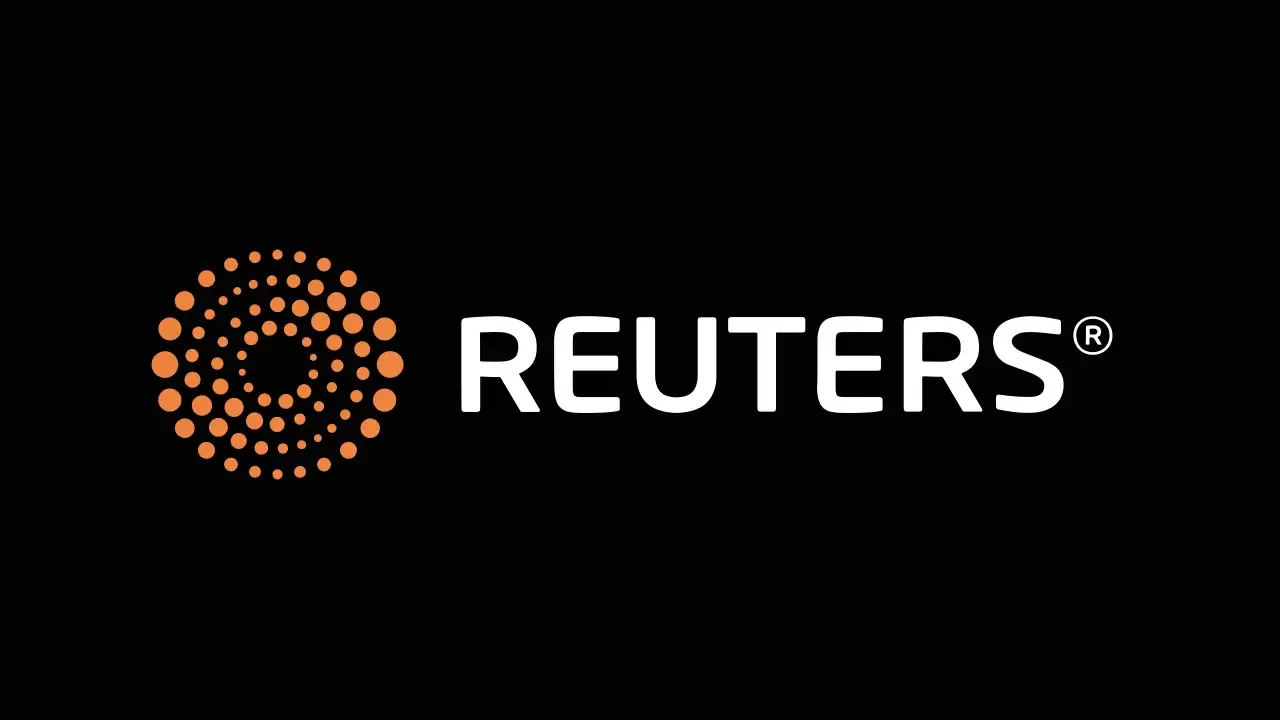BEVERLY HILLS, May 5 (Reuters) - Wall Street chief executives and dealmakers sought to strike a calm tone at a high-profile investor gathering in Beverly Hills on Monday, despite fears of an economic slowdown as U.S. President Donald Trump's trade policies cast a long shadow.
Investment managers and bankers at the Milken Institute Global Conference warned that Trump's aggressive tariffs on imports from key U.S. trade partners had caused companies to pause investment plans and increased risks associated with U.S. assets, including a brief but sharp selloff in U.S. stocks.
But because of the depth and liquidity of U.S. capital markets and size of the economy, many remained cautiously optimistic about the U.S. economic outlook, deal-making activities, and the country's ability to keep attracting large investment outflows.
"It's very much a period of uncertainty and wait and see," said Harvey Schwartz, CEO of global investment firm Carlyle. "The risk premium is definitely higher but people want to engage. ... We are actively looking for opportunities."
Since Trump's return to the White House, his on-again, off-again tariff announcements have roiled financial markets, inflicted steep stock losses and sparked fears of capital outflows from the U.S., as investors scramble for assets shielded from Trump's erratic policy shifts.
RECESSION RISKS LOOM
Risks of a global recession this year are high, a majority of economists in a Reuters poll projected at the end of April, with 92% saying Trump's tariffs had damaged business sentiment. Just three months earlier, the same group of economists had expected the global economy to grow at a strong clip.
Many of the roughly 5,000 attendees at the 28th annual Milken meeting said a softer stance on tariffs indicated by Trump and Treasury Secretary Scott Bessent in recent days had raised hopes the economic slump caused by the administration's attempts to upend global trade dynamics would not be as dramatic as previously feared.
Bessent said at the conference that Trump's policies would, over the long term, solidify the U.S. position as the "home of global capital" and warned that betting against the American economy was a time-tested mistake.
"The primary components of the Trump economic agenda - trade, tax cuts, and deregulation - are not standalone policies. They are interlocking parts of an engine designed to drive long-term investment in the American economy," Bessent said.
Still, as investors wait for clarity on the final composition of tariffs, many were taking a cautious stance on investment decisions, or hedging against the possibility of sluggish growth amid a prolonged trade war.
"What we're hearing from clients is they're prepping for headwinds," said Citigroup CEO Jane Fraser. "They're holding off on investment spending; some of them are also pretty active in the markets," she added.
DEPLOYING CAPITAL
An executive at a large asset manager said delays in mergers and acquisitions had slowed down demand for private capital generally used to finance such deals, meaning private lenders were looking to fund fewer deals by making concessions on lending rates.
Uncertainty remains high due to U.S. trade policies, a senior executive of a large overseas company said on condition of anonymity, citing concern about their impact on growth, inflation and the global realignment of trade flows.
Some investors, however, put a more positive spin on the market's wild gyrations that kicked many portfolios lower. One prominent hedge fund manager, whose fund is back in the black after nursing losses earlier in the quarter, said he believes the talk of recession is overblown and predicted the United States can avoid it.
Others said slowdown fears could also be an opportunity for investors with a relatively high tolerance for risk.
Gautam Bhandari, global chief investment officer and managing partner at I Squared Capital, an infrastructure investment firm, said the lack of clarity over the ultimate composition of tariffs and their economic impact has pushed large firms to delay capital expenditure decisions, giving smaller players more room to maneuver.
"For private capital in the middle market this is an opportunity," he said, noting that while tariffs make the global economy more fragmented, common themes are emerging, such as a renewed push toward industrialization.
"All western economies are looking to revitalize their industry," Bhandari said. "Yes, inflation is upon us and maybe a slowdown will come, but that generally bears well for infrastructure because it's a defensive asset."
At private dinners, cocktail parties and the main ballroom at the Beverly Hilton, ground zero for the conference, chiefs of top banks including Citigroup's Fraser, PJT Partners' CEO Paul Taubman, and Lazard CEO Peter Orszag mingled with hedge fund manager Bill Ackman and government representatives including Bessent and former Treasury Secretary Steve Mnuchin.
Their message was clear: America has not lost its standing, and this remains the best place in the world to invest capital.
"We're looking, we're assessing, we're figuring things out," said Waleed Al Mokarrab Al Muhairi, deputy group CEO at Mubadala Investment Company, which has 42% of its portfolios invested in the United States. "We haven't stopped deploying capital," he said on stage.
Reporting by Davide Barbuscia and Svea Herbst-Bayliss; Editing by Dawn Kopecki and Richard Chang
